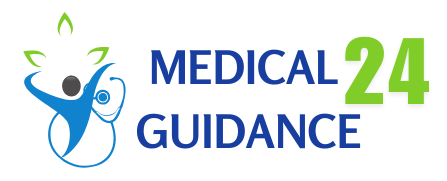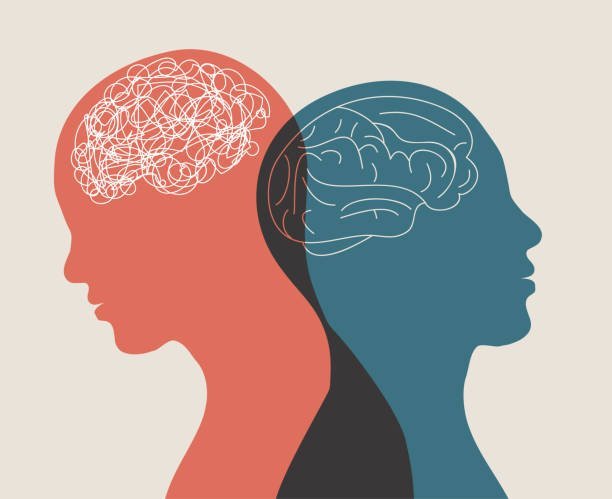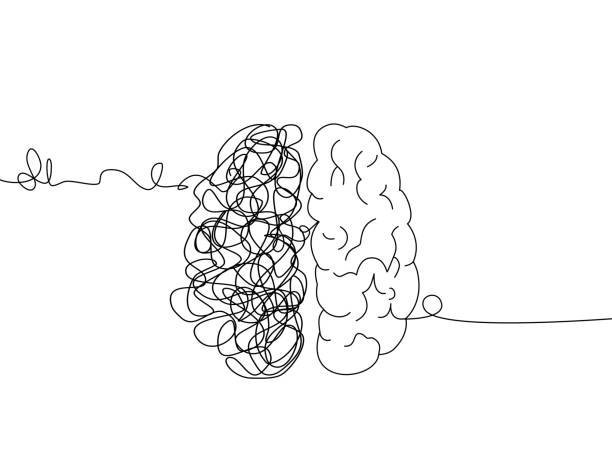Illustrating the Main Functions of Protein Carbohydrates and Vitamins on the Body

On this page, we Illustrate the main functions of protein carbohydrates and vitamins on the body.
Illustrating the Main Functions of Protein, Carbohydrates, and Vitamins on the Body
Every component of the food we eat plays a unique role in maintaining and promoting overall health. Among these components, proteins, carbohydrates, and vitamins stand out due to their critical contributions to body functions. Let’s delve into the primary roles of these nutrients in the human body.
Illustrating the Main Functions of Protein Carbohydrates and Vitamins on the Body
The main functions of protein carbohydrates and vitamins on the body are:
- Proteins: Essential for growth, repair of body tissues, and enzyme and hormone production.
- Carbohydrates: Provide the body’s primary source of energy, especially for the brain and muscles.
- Vitamins: Facilitate various biochemical processes, aid in immunity, bone health, and wound healing, and are vital for overall cell function and growth.
1. Proteins: Building Blocks of the Body
Proteins, composed of amino acids, are often labeled as the building blocks of the body. Here are their main functions:
- Tissue Repair and Growth: Proteins facilitate the growth and repair of body tissues, muscles, and organs. They’re essential during periods of rapid growth, such as childhood and pregnancy.
- Enzyme Production: Almost all enzymes are proteins. These enzymes catalyze various biochemical reactions, ensuring the body’s metabolic processes function efficiently.
- Hormone Production: Proteins are involved in creating certain hormones, like insulin, which regulate blood sugar levels.
- Immune Response: Antibodies, which are proteins, help fight infections by identifying and neutralizing pathogens like viruses and bacteria.
- Energy Supply: Though not a primary energy source, proteins can be broken down to provide energy if carbohydrate sources are limited.
2. Carbohydrates: The Body’s Primary Energy Source
Carbohydrates, which include sugars, starches, and fibers, primarily serve as energy sources for the body. Their roles include:
- Immediate Energy Supply: Glucose, a simple carbohydrate, is the body’s main energy source. The brain, especially, relies heavily on glucose.
- Energy Storage: Excess glucose is stored as glycogen in the liver and muscles, providing a reserve energy source.
- Digestive Health: Fiber, an indigestible carbohydrate, promotes a healthy digestive system by aiding bowel movements and feeding beneficial gut bacteria.
- Protecting Muscles: By being the primary energy source, carbohydrates prevent the body from using proteins as an energy source, ensuring that proteins are free for tissue repair and growth.
3. Vitamins: Essential Micronutrients for Overall Health
Vitamins, though needed in smaller amounts than proteins and carbohydrates, are pivotal for numerous biochemical processes. Each vitamin has a specific role:
- Vitamin A: Crucial for vision, immune system function, and skin health.
- B Vitamins: Involved in energy production, creating red blood cells, and ensuring proper nerve function.
- Vitamin C: Aids in collagen production, promotes iron absorption, and supports the immune system.
- Vitamin D: Essential for calcium absorption, thereby promoting bone health.
- Vitamin E: Acts as an antioxidant, protecting cells from damage.
- Vitamin K: Plays a key role in blood clotting and bone health.
Conclusion
The synergistic work of proteins, carbohydrates, and vitamins ensures that the body functions optimally. While proteins focus on repair, growth, and regulation, carbohydrates provide the necessary energy to fuel daily activities. Vitamins, though required in trace amounts, are crucial regulators and facilitators of various bodily functions. A balanced intake of these nutrients is essential for maintaining overall health and wellness.








